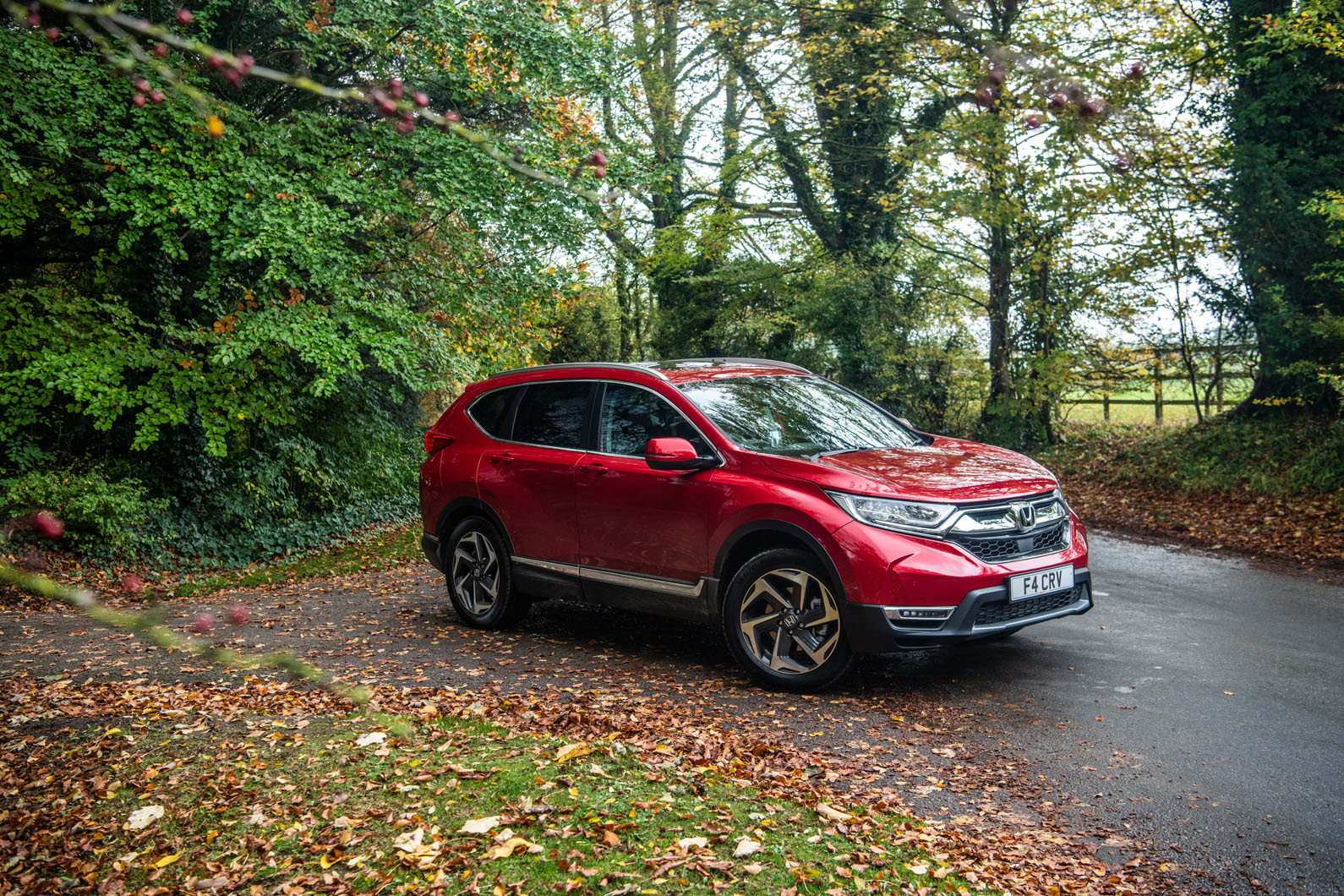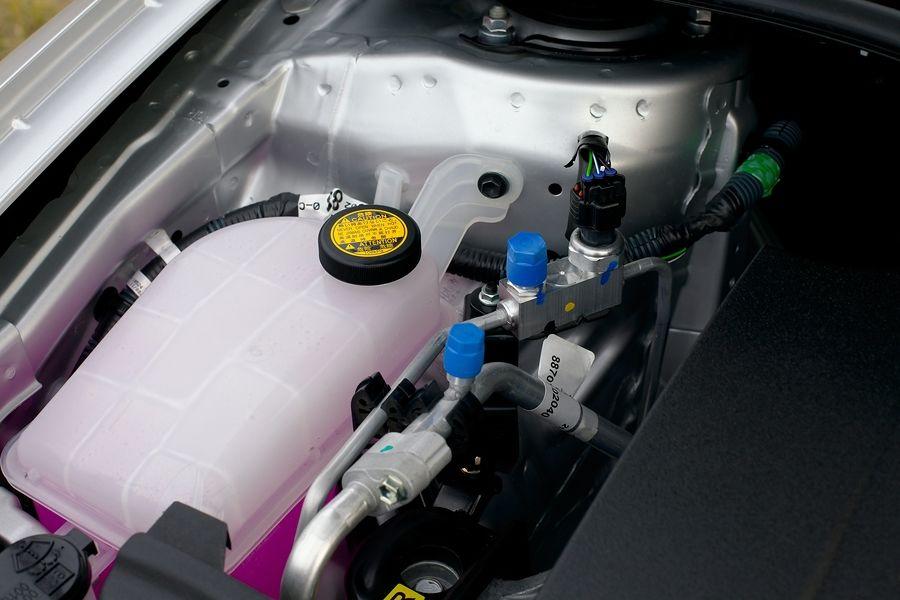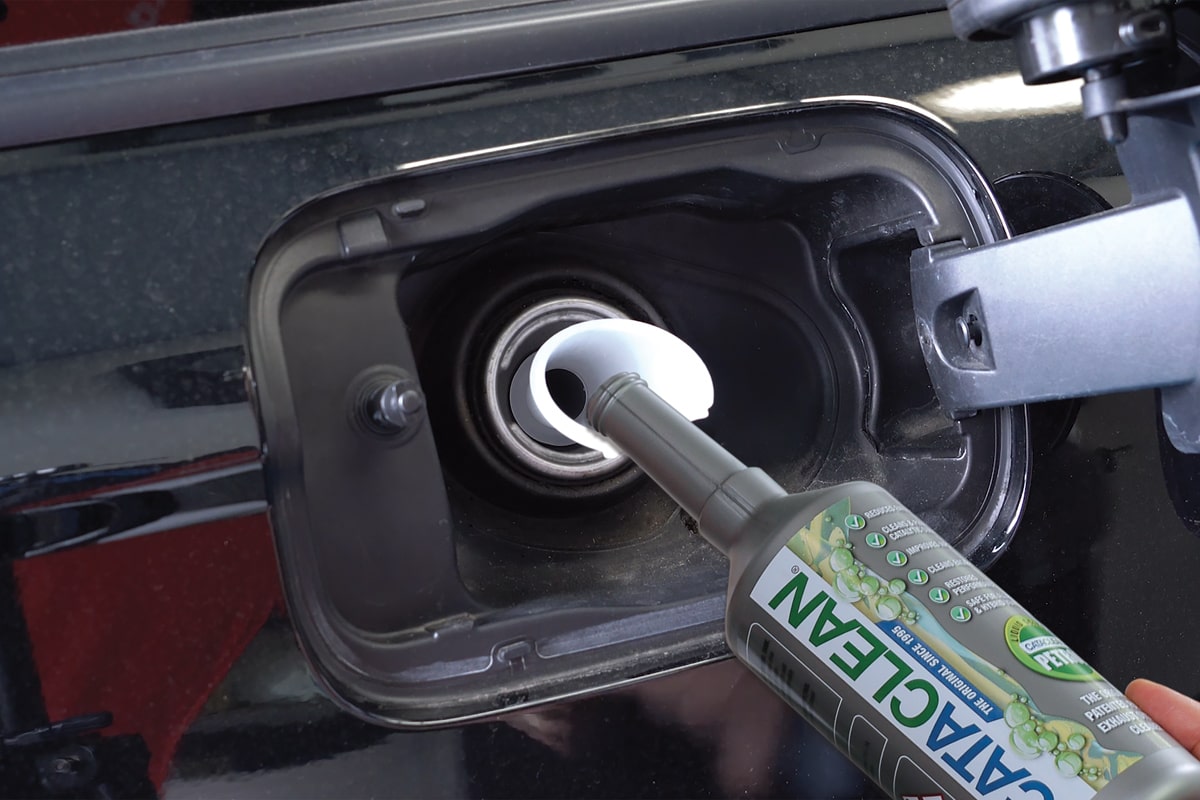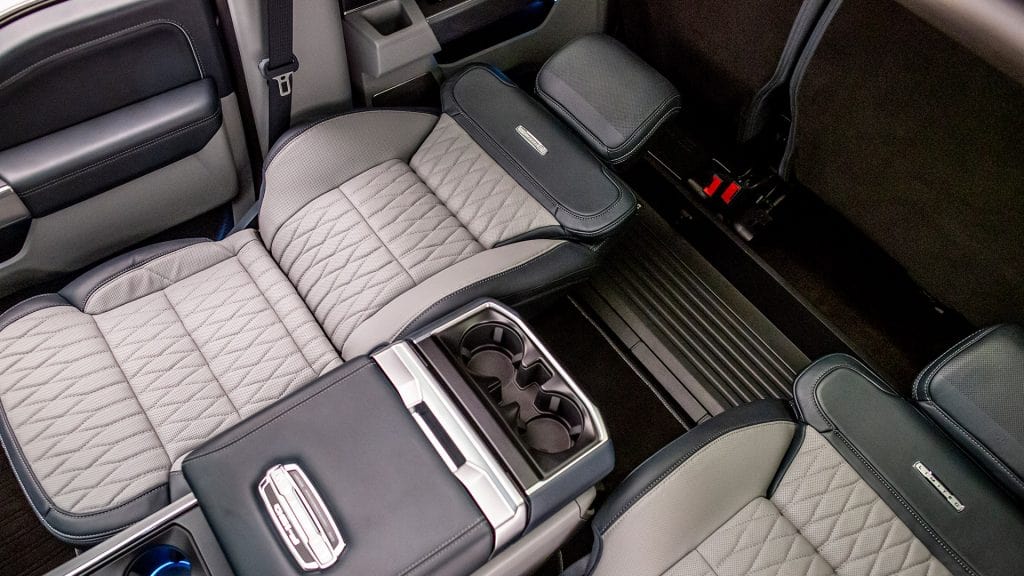Which Lexus RX350 Years To Avoid and Why?
Lexus, a renowned Japanese automaker celebrated for its reputation for crafting dependable vehicles, boasts the RX 350 SUV as one of its most beloved and enduring models, maintaining its status as a best-seller since its inception.
Nevertheless, it’s worth noting that certain model years of this mid-size SUV have exhibited more issues than others. So, if you’re curious about which Lexus RX350 years to avoid, you’ve arrived at the right source.
Typically, when individuals invest in a Lexus, they anticipate a vehicle characterized by reliability and longevity.
However, inadvertently purchasing a vehicle from a model year associated with known problems can shatter these expectations. In such cases, it becomes a regrettable expenditure of both time and money.
Take Note On These Lexus RX350 Years To Avoid
If you’re in the market for a Lexus RX 350, it’s essential to be aware of certain model years that have exhibited reliability issues. In this guide, we’ll highlight the model years to steer clear of and the specific problems associated with them.
Lexus RX350 2007
The 2007 Lexus RX 350 is often considered one of the least desirable model years due to several prevalent issues. One significant problem is the dashboard, which is prone to cracking, with cracks sometimes spreading across the entire surface.
This can obstruct the dials, creating driving difficulties. Unfortunately, the only remedy for this issue is replacing the entire dashboard, a costly and time-consuming endeavor.
Another substantial concern with the 2007 model is engine oil leaks. These leaks can lead to rapid oil depletion, potentially causing catastrophic engine failure if left unresolved.
Additionally, steering mechanism leaks are not uncommon, and addressing them can be an expensive repair, costing upwards of $1600.
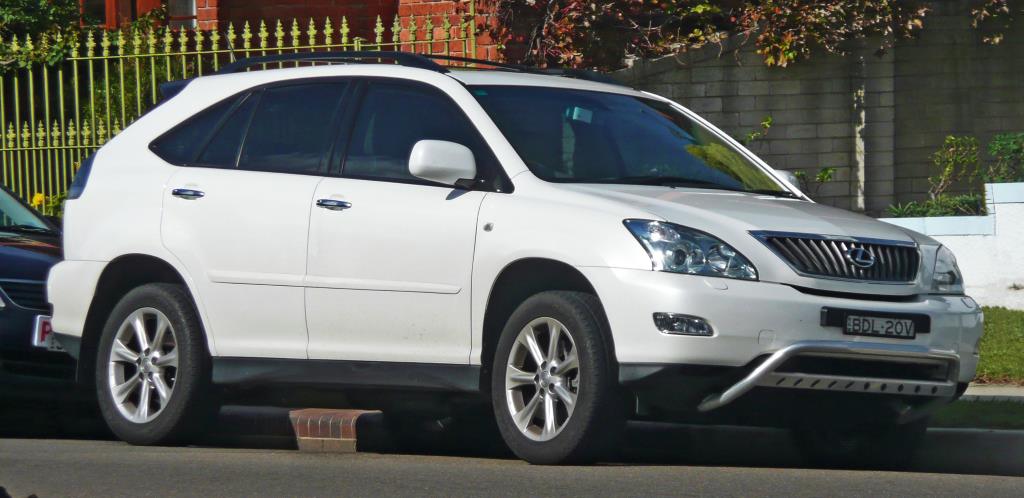
Lexus RX350 2008
The 2008 Lexus RX 350 did not see significant improvements in reliability compared to the previous year. Engine oil leaks, though less frequent, still persisted. Moreover, the 2008 model exhibited high fuel consumption and maintenance costs compared to other years.
New issues surfaced in 2008, including laggy gear shifts in the automatic transmission and power steering rack leaks.
The dashboard cracking problem from the previous year also continued. For those seeking a dependable luxury SUV, the 2008 model may not be the best choice.
Lexus RX350 2010
In 2010, engine failures were a common reliability issue with the Lexus RX 350. Additionally, oil leaks and cooling system problems were prevalent.
The air conditioning system faced issues, requiring the replacement of the air conditioning and heating servo motor on the passenger side, which came at a cost of $2000.
Build quality problems were also observed in the 2010 model, with reports of exterior paint discoloration and rattling body panels, including doors and the front hood, particularly in colder temperatures.
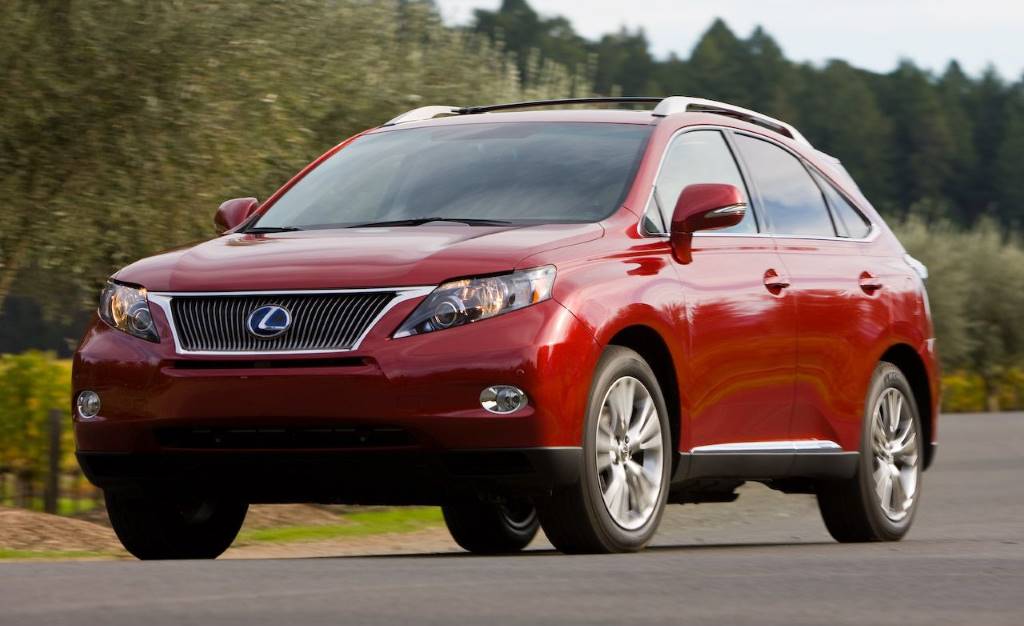
Lexus RX350 2016
The 2016 Lexus RX 350 encountered major transmission issues, with noticeable shift delays. Ignoring these problems could lead to reduced fuel efficiency and, in some cases, render the vehicle undrivable.
Interior concerns included unreliable Bluetooth connections and reports of sunroof explosions during driving.
Lexus RX350 2017
Another Lexus RX350 years to avoid is Lexus RX350 2017. In 2017, low brake pressure was a primary reliability concern. Some owners experienced shuddering and rattling between second and fourth gears, particularly in the 1500-1800 RPM range, making the driving experience unpleasant.
Lexus RX350 Years To Avoid Get Recall For Their Problems
The Lexus RX has been subject to recalls 113 times since its debut in 1997, spanning all model years. In 2019, there were 10 recalls, marking it as the year with the highest number of recalls. All Lexus RX recalls were initiated by the National Highway Traffic Safety Administration (NHTSA) due to safety concerns for passengers. Here are some examples of Lexus RX recalls:
Lexus RX models produced from 2004 to 2007 were recalled to address sticking gas pedals.
In the years 2013 to 2019, certain models faced recalls related to issues with the fuel system, affecting nearly 1.8 million vehicles.
Specific 2019 Lexus RX SUVs were recalled to remove a transport hook that had been left on the vehicle by mistake.

The Most Common Lexus RX 350 Problems
The Lexus RX 350 has encountered several well-known issues, some limited to specific model years and others more widespread. However, many of these problems have been resolved in newer versions of the luxury SUV.
Battery Issues
Battery problems are relatively common among Lexus RX 350 vehicles. Fortunately, addressing this problem usually involves replacing the battery with a new one. While it’s a relatively inexpensive fix, recurring battery issues can accumulate maintenance costs over time.
Cracking Dashboard
Dashboard issues, particularly dashboard cracking, were initially observed in the 2007 model year. This problem was attributed to the plastic material used in the dashboard’s construction.
Besides the aesthetic concern, a cracked dashboard could potentially impact the functioning of the airbag system, leading to deployment issues during a collision. Fortunately, this dashboard cracking issue has been resolved in more recent Lexus RX 350 models.
Steering Issues
Some Lexus RX 350 models experienced problems with the rack and pinion steering system, resulting in steering fluid leaks. This issue was not only costly to repair but also raised safety concerns.
A proper fix involved replacing the entire steering assembly. Most owners reported steering-related issues when their vehicles had traveled fewer than 100,000 miles.
Oil Leaks
Oil leaks, especially in earlier model years, were notorious issues for the RX 350. The 2007 RX 350, for example, had a VVT-i oil line prone to sudden, substantial leaks, affecting the engine, ground, and the SUV’s undercarriage.
If your RX 350 displays a low engine oil warning or low engine oil pressure indicator, an oil leak may be the root cause.
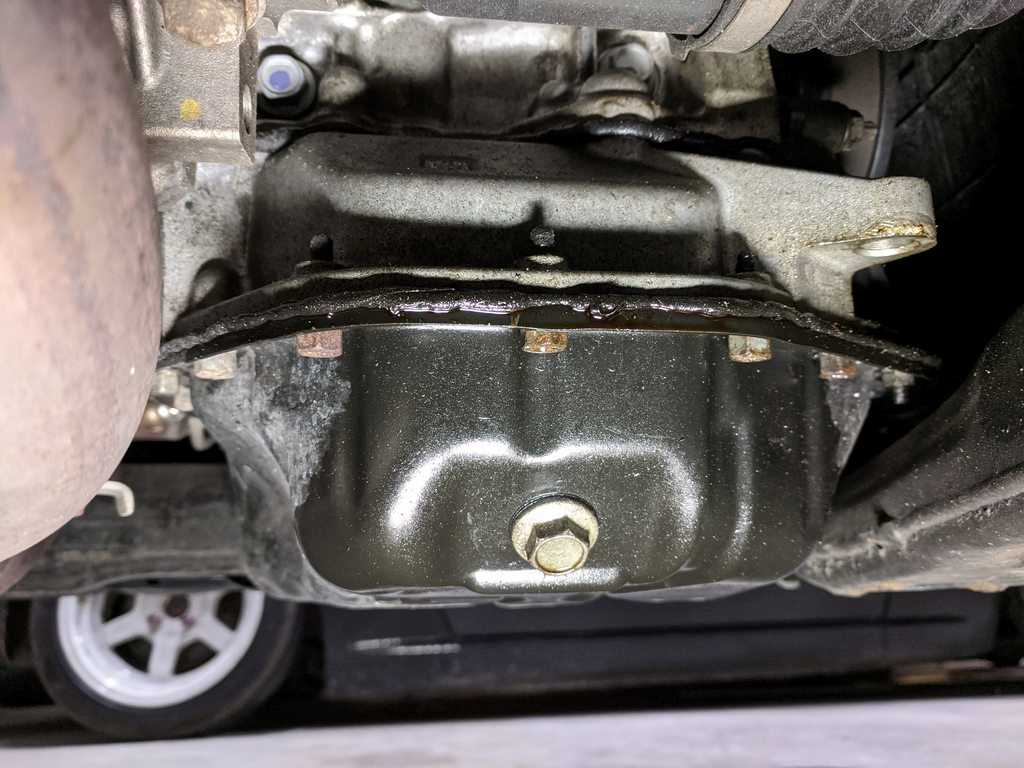
Engine Issues
Some RX 350 SUVs, particularly the 2010 model, faced serious engine problems. This model was also affected by faults in the All-Wheel-Drive system. However, more recent RX 350 models are generally free from these issues.
For prospective buyers of older vehicles, it’s advisable to have a mechanic inspect the vehicle before making a purchase decision.
FAQs on Lexus RX350 Models
1. What model year of the Lexus RX350 is known for reliability and a better driving experience?
The 2010 and later models of the Lexus RX350 are often considered more reliable and offer a better driving experience. Lexus made improvements to address the issues reported in the earlier years, resulting in smoother performance and enhanced features.
2. Are there any common maintenance tips to ensure a better driving experience regardless of the year?
Regardless of the year, regular maintenance is essential for a better driving experience with any vehicle. Make sure to follow the manufacturer’s recommended maintenance schedule, including oil changes, tire rotations, and inspections.
Keeping up with maintenance can help prolong the life of your Lexus RX350 and ensure a smoother driving experience.
3. Are there any safety concerns associated with specific RX350 model years?
While Lexus RX350 models are generally known for their safety features, some older models may lack advanced safety technology found in newer versions.
If safety features like adaptive cruise control, lane departure warning, and automatic emergency braking are important to you, consider a more recent model year.
4. Are there any significant improvements or changes in the RX350 over the years?
Lexus has made several improvements and updates to the RX350 over the years. These improvements include enhancements to the interior quality, infotainment systems, and the introduction of hybrid models for better fuel efficiency. Newer models also tend to have more advanced driver-assistance features.
5. How does the fuel efficiency of older RX350 models compare to newer ones?
Generally, older RX350 models have less fuel-efficient engines compared to newer ones. Lexus has made efforts to improve fuel efficiency with advancements in engine technology and the introduction of hybrid variants. If fuel efficiency is a priority, consider a newer RX350 or a hybrid model.
Check out this video from 1A Auto to learn more about the top 5 problems with the 3rd generation Lexus RX350!
Final Words
In conclusion, it is advisable to keep an eye on Lexus RX350 years to avoid. While you may come across enticing deals, the reliability issues associated with these years may result in significant challenges down the road!







